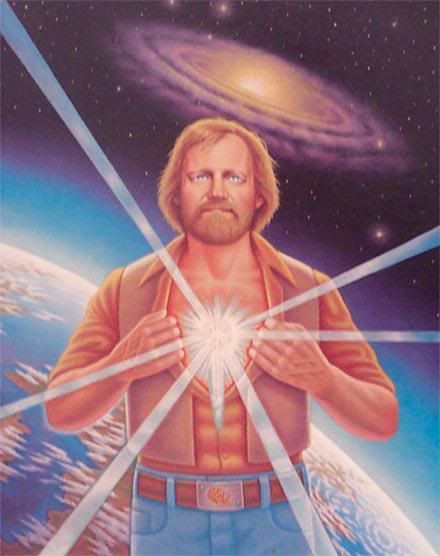Learned about Dark Matter from this article by Richard Panek. A humbling but fascinating read!
Since the invention of the telescope four centuries ago, astronomers have been able to figure out the workings of the universe simply by observing the heavens and applying some math, and vice versa. Take the discovery of moons, planets, stars and galaxies, apply Newton’s laws and you have a universe that runs like clockwork. Take Einstein’s modifications of Newton, apply the discovery of an expanding universe and you get the big bang. “It’s a ridiculously simple, intentionally cartoonish picture,” Perlmutter said. “We’re just incredibly lucky that that first try has matched so well.”
But is our luck about to run out? Smoot’s and Perlmutter’s work is part of a revolution that has forced their colleagues to confront a universe wholly unlike any they have ever known, one that is made of only 4 percent of the kind of matter we have always assumed it to be — the material that makes up you and me and this magazine and all the planets and stars in our galaxy and in all 125 billion galaxies beyond. The rest — 96 percent of the universe — is ... who knows?
“Dark,” cosmologists call it, in what could go down in history as the ultimate semantic surrender. This is not “dark” as in distant or invisible. This is “dark” as in unknown for now, and possibly forever.
If so, such a development would presumably not be without philosophical consequences of the civilization-altering variety. Cosmologists often refer to this possibility as “the ultimate Copernican revolution”: not only are we not at the center of anything; we’re not even made of the same stuff as most of the rest of everything. “We’re just a bit of pollution,” Lawrence M. Krauss, a theorist at Case Western Reserve, said not long ago at a public panel on cosmology in Chicago. “If you got rid of us, and all the stars and all the galaxies and all the planets and all the aliens and everybody, then the universe would be largely the same. We’re completely irrelevant.”
... the time has come to rethink a fundamental assumption: When we look up at the night sky, we’re seeing the universe.
Not so. Not even close.
>>> the rest of the article
Monday, March 12, 2007
Subscribe to:
Post Comments (Atom)




No comments:
Post a Comment